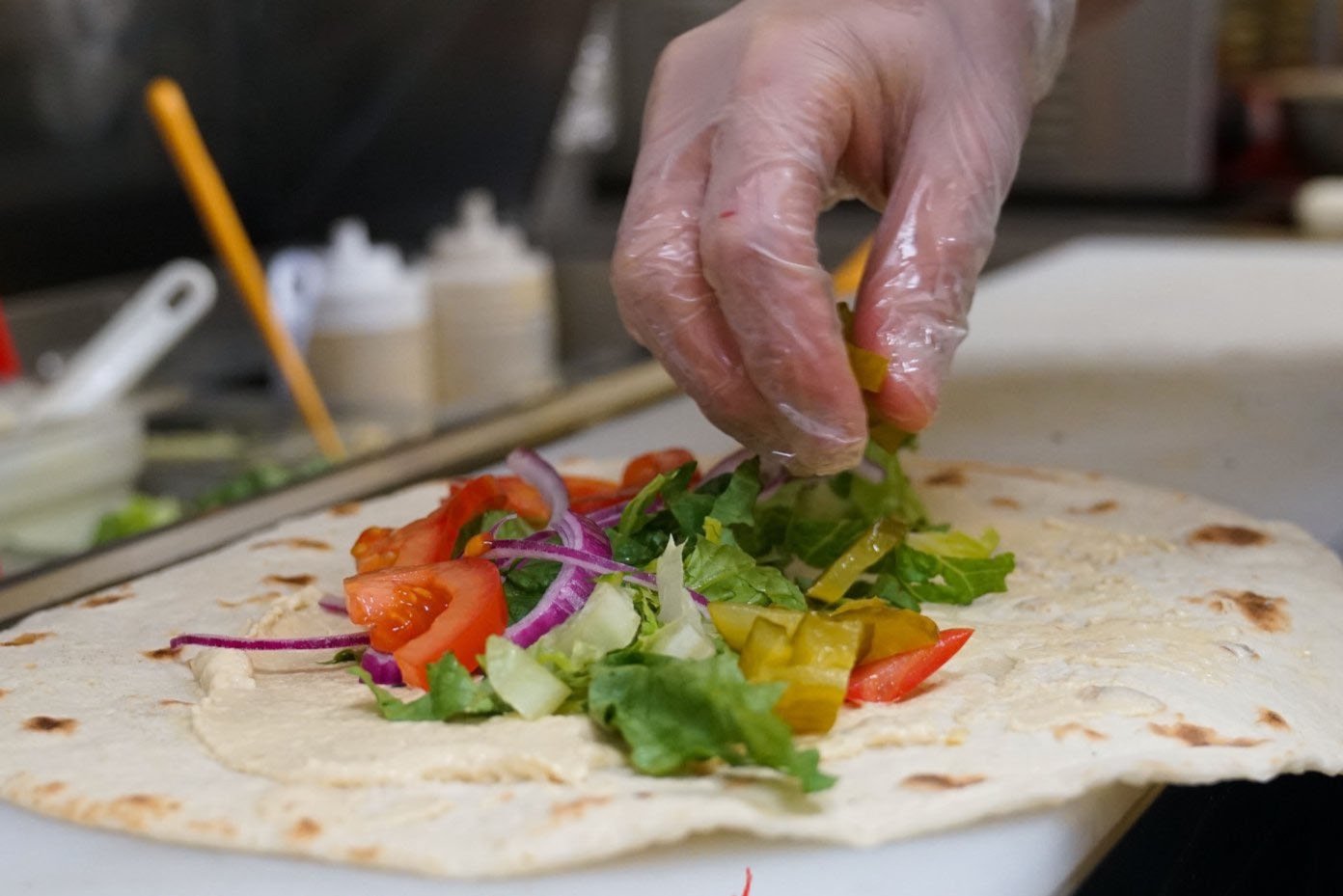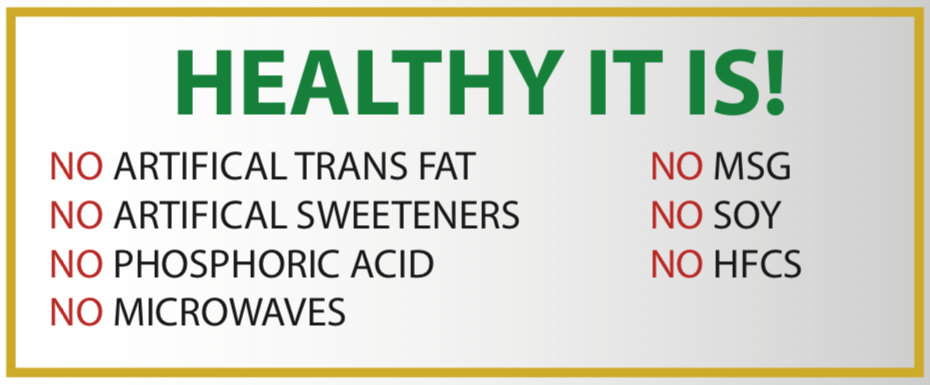The Levant region, which includes countries such as Lebanon, Syria, Jordan, and Palestine, is known for its rich and diverse cuisine that relies heavily on the use of spices. These spices not only add depth and flavor to the dishes but also have medicinal properties, making the Levantine cuisine both delicious and healthy.
Some of the most commonly used spices in Levantine cuisine include cumin, coriander, sumac, and za'atar.
Cumin is used to add warmth and earthiness to dishes, while coriander adds a bright and citrusy flavor.
Sumac, a deep red spice, is used to add a tangy and lemony taste,
while za'atar, a blend of herbs and spices, is used to add a unique and distinct flavor to dishes.
On the other hand, other non-Levant Mediterranean cuisines, such as those from Spain, Italy, and Greece, use different spices that reflect their unique culinary traditions. For example, Spanish cuisine makes use of paprika, saffron, and cayenne pepper, while Italian cuisine relies heavily on garlic, basil, and oregano. Greek cuisine, meanwhile, uses a lot of dill, mint, and thyme.
One notable difference between the spices used in Levantine cuisine and those used in other non-Levant Mediterranean cuisines is the use of sumac and za'atar, which are unique to the Levant region.
These spices add a distinct and unique flavor to dishes, making Levantine cuisine stand out from other Mediterranean cuisines.
In conclusion, the spices used in Levantine cuisine are an integral part of the region's culinary traditions and play a crucial role in giving the dishes their unique and delicious flavors.
While other non-Levant Mediterranean cuisines also use spices, the use of sumac and za'atar sets Levantine cuisine apart and gives it its distinct and unforgettable taste.
Falafel Wrap (Vegan) falafel, falafel salsa, pickles tahini and our classic hummus wrapped in saj bread.








